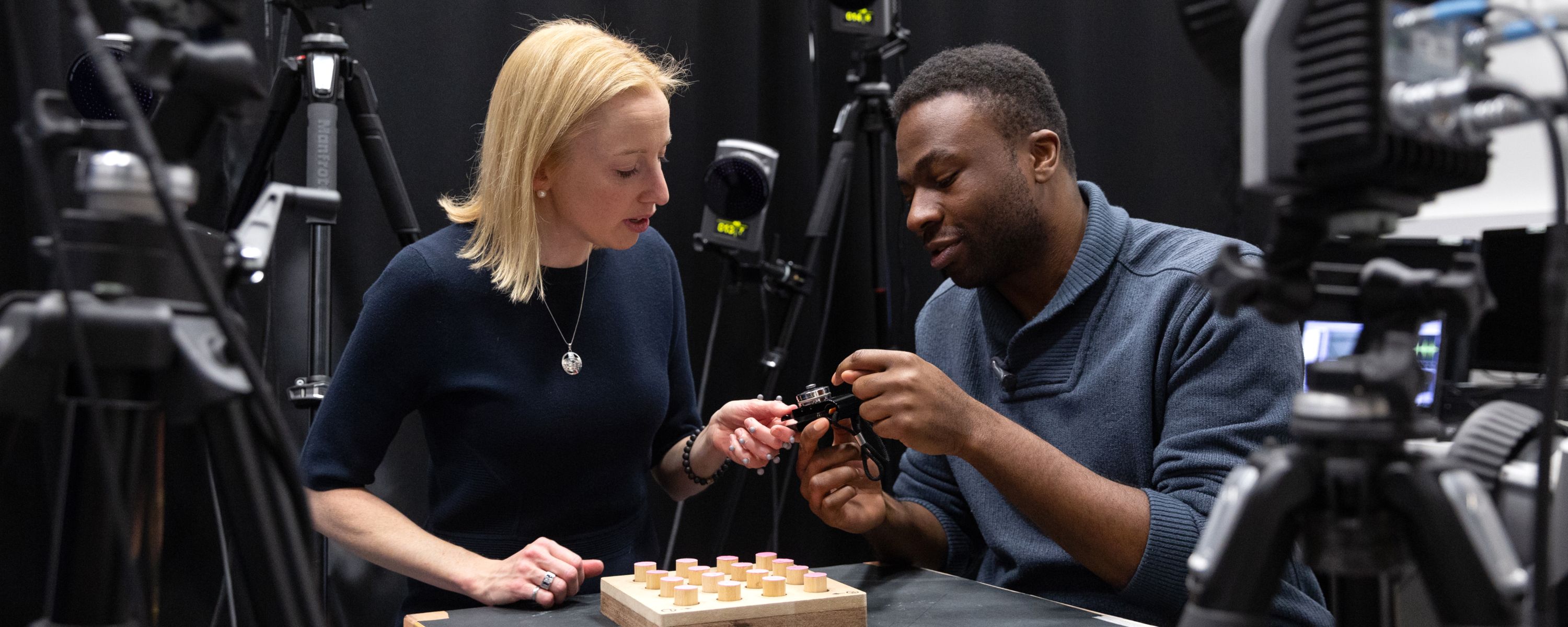
The Centre for Blast Injury Studies (CBIS) brings together engineers, scientists and clinicians to advance the mitigation and treatment of military and civilian victims of blasts. Led by Professor Anthony Bull in the Department of Bioengineering, CBIS research has influenced the design of armoured vehicles for resilience against blasts. Drs Angela Kedgley and Spyros Masouros’s team’s research on quantifying injury risk has also influenced purchasing decisions for 108, 500 pairs of new Army gloves. Its work on blast injury treatment has confirmed the correct application of pelvic binders which help stop bleeding following pelvic fractures – one of the severest and most life-threatening blast injuries.
Under the guidance of Dr Emily Mayhew of the Department of Bioengineering, CBIS has also co-developed and distributed 2,300 paper copies of the Paediatric Blast Injury Field Manual – the first manual of its kind that helps medics in war zones to treat child victims of blasts. The digital versions, which are available in five languages, have been downloaded 1,108 times thus far.
CBIS research also continually informed the Armed Forces Compensation Scheme tariffs for lower limb injury, which is relevant to the ongoing treatment and care of 1,121 service personnel who sustained lower limb injuries in Afghanistan.
